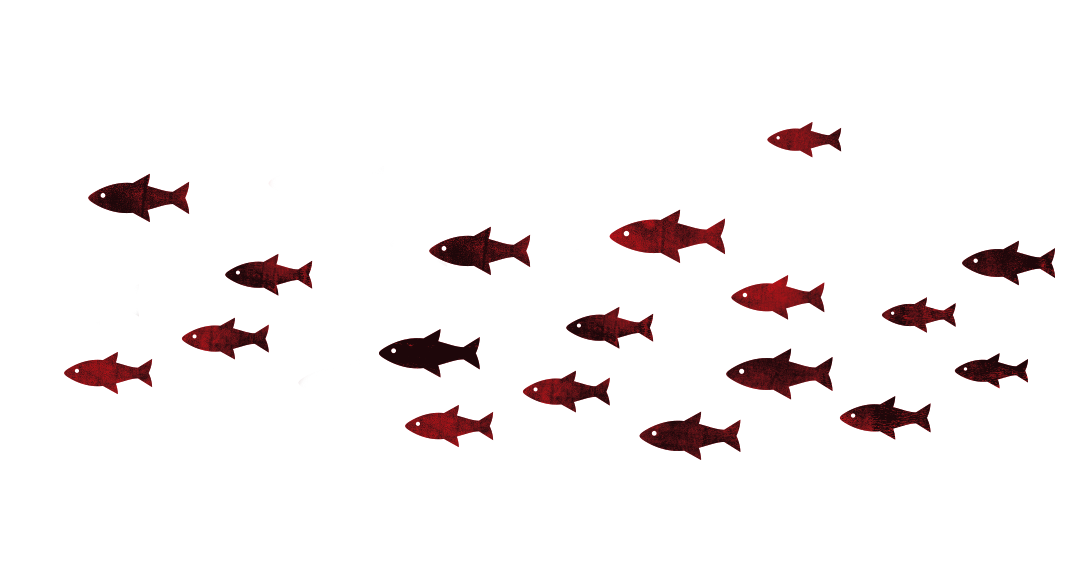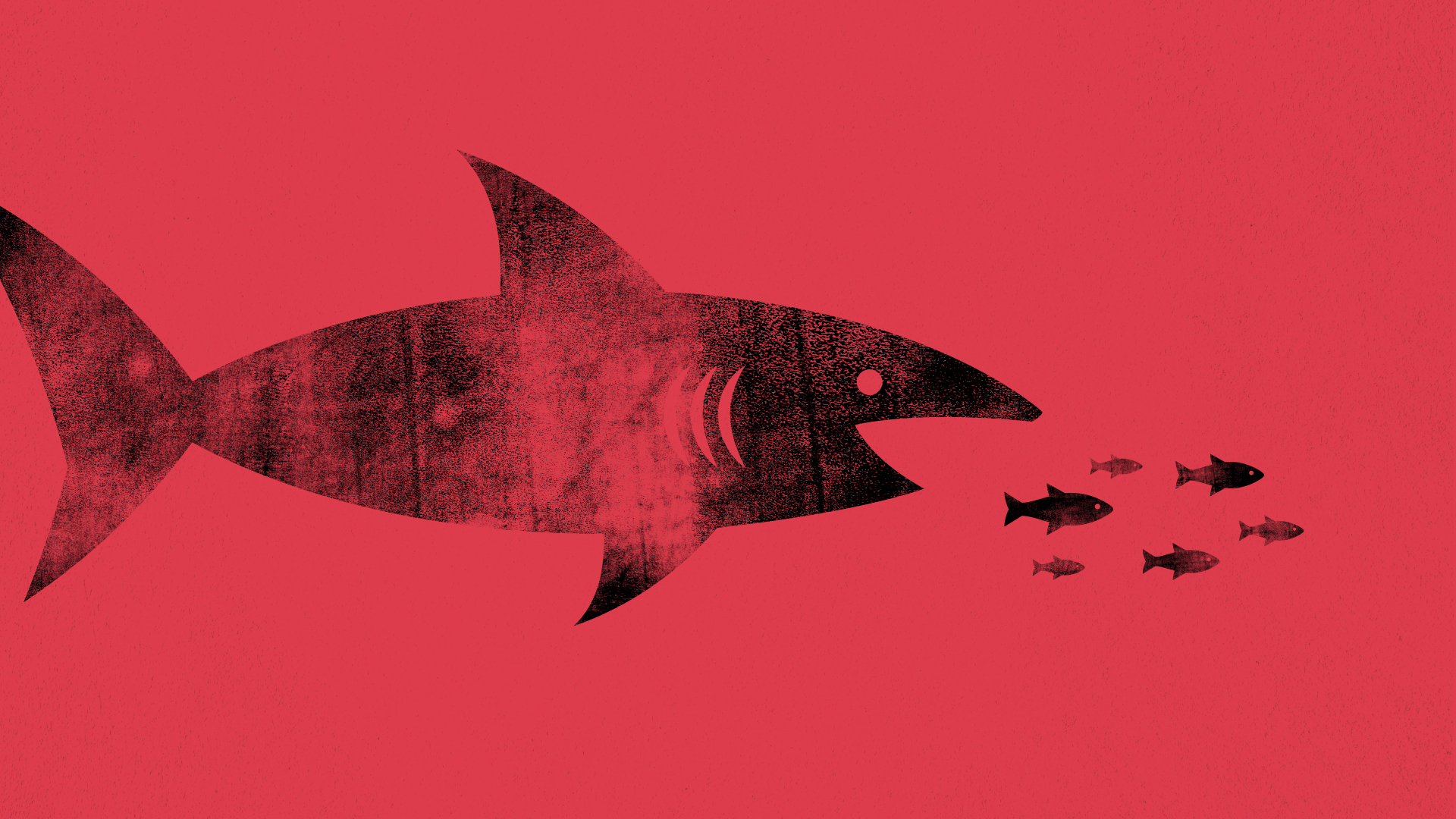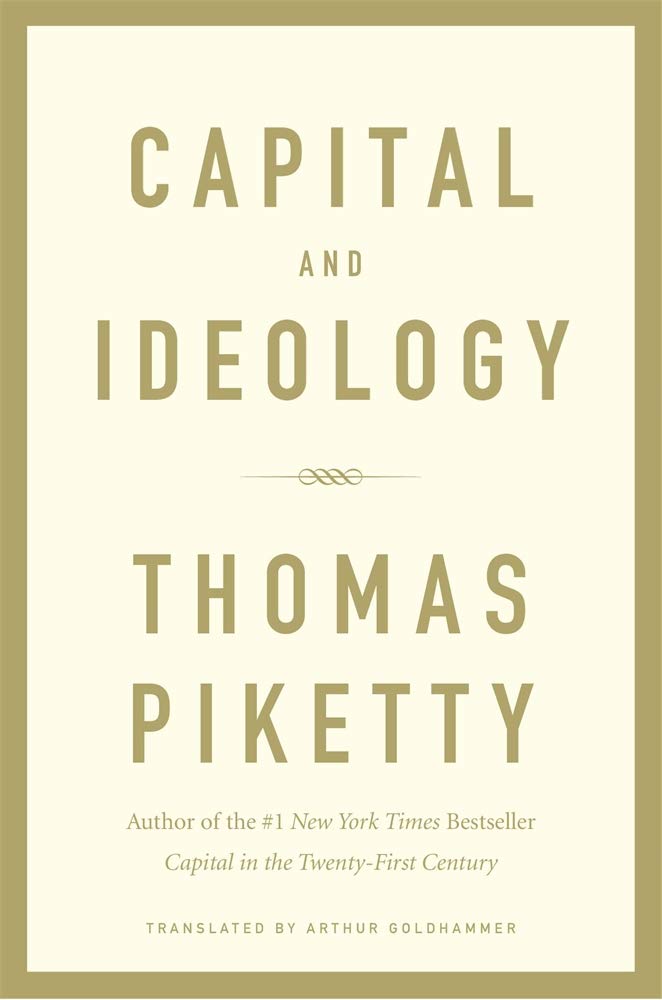Inequality Is a Choice
Making Sense of the Prevailing Social Order
In his latest book, Capital and Ideology, French economist Thomas Piketty proposes a sweeping ideological shift to address the widening global inequality gap.
Capital and Ideology
Thomas Piketty (Arthur Goldhammer, translator). 2020. Harvard University Press, Belknap Press, Cambridge, MA. 1,104 pages.
“Every human society must justify its inequalities: unless reasons for them are found, the whole political and social edifice stands in danger of collapse.” So begins Thomas Piketty’s Capital and Ideology, his much anticipated follow-up to Capital in the Twenty-First Century (2014).
Piketty, one of today’s best-known economists, is a professor at L’École des Hautes Études en Sciences Sociales and at the Paris School of Economics. This latest book, stretching to more than a thousand pages, blames ideology for creating and enshrining economic inequality.
It’s a timely book. In the face of right-leaning politics, populism, and the rise of autocrats, Piketty argues that the global conviction to tear down structures that uphold various inequalities already exists; and in the face of a catastrophe, he warns, issues such as immigration or climate change could quickly compound concerns about extreme inequality and lead to what he calls “a new politics.”
In the current book, he looks to history in hopes of finding a sensible way forward. But can a lasting and stable solution come from revisiting or redefining old political ideologies?
Realities of Modern Inequality
In his search for answers to one of the major issues plaguing society today, Piketty traverses 500 years of global inequality. Part One analyzes societies of the premodern era, comprising “three distinct social groups, . . . the clergy, the nobility, and the third estate”; Part Two examines slave and colonial societies; Part Three addresses “the great transformation of the twentieth century”; and Part Four analyses the way in which political parties and movements in some of the world’s notable democracies have evolved since the mid-20th century, and where Piketty thinks we might go from here.
Unsurprisingly, Piketty’s study points to the persistence of significant inequalities across the world today. While acknowledging progress in such spheres as global health and education, he remarks that this success often masks “vast inequalities and vulnerabilities.” For example, “in 2018, the infant mortality rate was less than 0.1 percent in the wealthiest countries of Europe, North America, and Asia, but nearly 10 percent in the poorest African countries.” In the same year, across the globe, “average per capita income rose to 1,000 euros per month, but it was barely 100–200 euros a month in the poorest countries and more than 3,000–4,000 a month in the wealthiest”—even higher in “certain petro-monarchies” and “a few tiny tax havens, which are suspected (rightly) of robbing the rest of the planet.”
“Every human society needs to justify its inequalities, and every justification contains its share of truth and exaggeration, boldness and cowardice, idealism and self-interest.”
The economist goes on to note that in recent decades, a small segment of the population in many countries has enjoyed an ever increasing share of total income. In India, the United States, Russia, China and Europe, for example, the top 10 percent of wage earners accounted for between 35 and 55 percent of all income in their region in 2018, up from 25–35 percent in 1980. The bottom 50 percent, on the other hand, accounted for only 15–20 percent of income in 2018, down from 20–25 percent in 1980. In the United States, income for the bottom 50 percent dropped to as low as 10 percent of total wages, an ominous statistic for future social cohesion.
The numbers suggest that a “tiny segment of the population . . . has captured an elephant-sized portion of the world’s growth.”
The Ideological Choice
The book goes on to build the case for Piketty’s belief that, at its root, “inequality is neither economic nor technological; it is ideological and political.” He argues that in every era throughout history, human beings have developed a range of ideologies, and that in each period the ideology that became dominant inevitably served to justify and strengthen inequality.
For example, today’s prevailing democratic capitalist societies tell us that modern inequality is justified on the basis of entrepreneurship and meritocracy—“a freely chosen process in which everyone has equal access to the market and to property and automatically benefits from the wealth accumulated by the wealthiest individuals, who are also the most enterprising, deserving, and useful.”
Piketty dubs this the “meritocratic fantasy” in that the system does not offer equal access for all, despite what its primary beneficiaries would like to believe. Further, he says, it upholds double standards. For example, “today’s meritocratic ideology glorifies entrepreneurs and billionaires” as long as they’re “the nice entrepreneurs from Seattle and Silicon Valley” and not “the wicked Russian oligarchs.” Western meritocracy thus overlooks the “quasi-monopolistic behaviour” of the first group, as well as the “legal and tax breaks they are granted and the public resources they appropriate.” Evidence that inequality has only increased under the prevailing capitalist narrative leads him to declare that “social democracy has failed.”
“Such hyper-meritocratic, Western-centric justifications of inequality demonstrate the irrepressible human need to make sense of social inequality, at times in ways that stretch credulity.”
This meritocratic system isn’t a 20th-century development, Piketty argues. He makes the case that from premodern to modern societies, political power and property ownership (of land, natural resources, money, buildings, other people, etc.) have been closely related. He suggests that systems promoting inequality have perennially been a choice; these social and historical constructs “depend entirely on the legal, fiscal, educational, and political systems that people choose to adopt and the conceptual definitions they choose to work with.”

To Hypercapitalism and Beyond
Perhaps the most worrying of Piketty’s points is the degree to which inequality has been increasing around the globe. The United States, in particular, has become “the most inegalitarian country in the developed world.” In the West, he traces the trend to the 1970s and ’80s and what he calls the “conservative revolution” forged by Ronald Reagan’s Republican Party and Margaret Thatcher’s Conservative Party. Their policies led to deep cuts in the top US and UK tax rates, together with significant social and financial deregulation. Piketty suggests that the full consequences may only now be playing out across the world.
Like many commentators on the left, Piketty views that era as a failed experiment. Productivity growth in both countries, he says, was greater in the decades before 1990 than since, casting doubt on the idea that cutting tax rates for the rich leads to economic growth. Rather, he writes, it contributed greatly to the widening inequality gap over the past 40 years, to the point that “the share of national income going to the bottom half of the income distribution collapsed.”
From Piketty’s perspective, “the dramatic failure of the Communist experiment in the Soviet Union” was a major factor in the rise of economic liberalism. The fall of the Berlin Wall led to an “anticommunist euphoria” that allowed a new hypercapitalistic digital economy to spread across the globe all but uninhibited. For their part, social-democratic parties failed to provide a credible alternative. Instead, he says, the administrations of Bill Clinton and Barack Obama validated and perpetuated some of Reagan’s economic policies. Piketty argues that this euphoric propulsion was so strong that fresh thinking on the subject didn’t resurface until after the crash and burn of the 2008 economic crisis.
All of this has fueled resentment among the lower and middle classes and led to a shift in voting lines. The culmination of these factors, he says, came in 2016 with the British vote to leave the European Union (Brexit) and the election of Donald Trump in the United States. The financial crisis of 2008, he says, “showed that deregulation had gone too far.” Piketty speculates that on both sides of the Atlantic, a sense of abandonment felt by those who lack wealth, a high income or an advanced degree may well have inflamed current identity politics and anti-immigration sentiments.
As the global population burgeons, Piketty sees a boiling pot that, without the right kind of intervention, will inevitably overflow. The empowered and privileged classes blame the poor for their own poverty and discriminate on the basis of race, religion or status. They discriminate against the homeless and against immigrants. “In these respects, modern society can be as brutal as the premodern societies from which it likes to distinguish itself.” He sees a fear-based populist backlash against these “lesser” classes of people as a real possibility: “We saw this in Europe in the first half of the twentieth century, and it seems to be happening again in various parts of the world.”
A New Narrative
The era of hypercapitalism and a globalized digital economy have clearly helped lift some nations out of poverty. But globalization has not prevented the smallest percentage of the population awarding itself a majority share of the wealth. Piketty’s proposed solution brings progressive taxation and wealth redistribution in its wake. He believes we can learn much from postcolonial discussions about federalism in the context of regional and transnational democracies (such as the European Union). In our global village, he suggests, “the world’s ideologies become increasingly interconnected” and “the frame within which political action is imagined must be permanently rethought.”
Notably, he declares: “Those who believe that we will one day be able to rely on a mathematical formula, algorithm, or econometric model to determine the ‘socially optimal’ level of inequality are destined to be disappointed. This will thankfully never happen.” Rather, “only open, democratic deliberation, conducted in plain natural language (or rather in several natural languages—not a minor point), can promise the level of nuance and subtlety necessary to make choices of such magnitude.”
“The history of human societies can be seen as a quest for justice.”
In Piketty’s view, any solution will remain conscious of inequality’s long history. We should look, he says, to those moments when political processes, including revolutions, led to changes such as “universal suffrage, free and compulsory public schools, universal health insurance, and progressive taxation.” In a world where right-leaning political and economic policies have dominated in recent decades, this is indeed the other side of the ideological coin; but it hasn’t gained widespread acceptance. So far, at least, it’s been unable to overcome the fact that, in Piketty’s words, “the elites of many societies, in all periods and climes, have sought to ‘naturalize’ inequality.”
Although the economist barely mentions greed in this book, that singularly unattractive human trait would seem to be central to the problem: greed for money, greed for possessions, even greed for power or superiority. Enough never seems to be enough, and so begins a never-ending quest for more of one or all of them—often at the expense of others, thereby widening the inequality gap.

Certainly inequality seems built in to humanly chosen and constructed systems that have historically included, to use a biblical term, trading in the “bodies and souls of men”—both literally and figuratively. The question is whether a return to the failed circus of old human ideologies, or even a newly formed and historically informed global response to today’s rising inequality, will rid us of the fundamental problem of human greed.
Piketty notes that “this book is in no way a book of lamentations. I am an optimist by nature.” He genuinely seeks to provide the framework for a better system rather than just denigrate the currently prevailing and clearly imperfect one. Yet it is not through an ideological lens (from the right or the left) or greater participatory democracy that a solution can be glimpsed today. To lay hold of that vision and begin to make it a reality, we will each need to start making very different choices. Can we do that? “No one,” Piketty admits, “will ever possess the absolute truth about just ownership, just borders, just democracy, just taxes and education.”
That said, Piketty’s optimism leads him to conclude that we can make progress “through detailed comparison of personal and historical experiences and the widest possible deliberation.” Yet it seems clear that what needs to change first is the human tendency toward greed and lust for power, which has unfortunately been a hallmark of human history, no matter the dominant ideology of the day. Only when we begin to question the notion that we inherently deserve more than someone else will global equality, with fairness and justice for all, become possible. And that’s where it really does become a choice, because inequality isn’t just about wealth; it’s about whether we recognize the equal value of other people.



